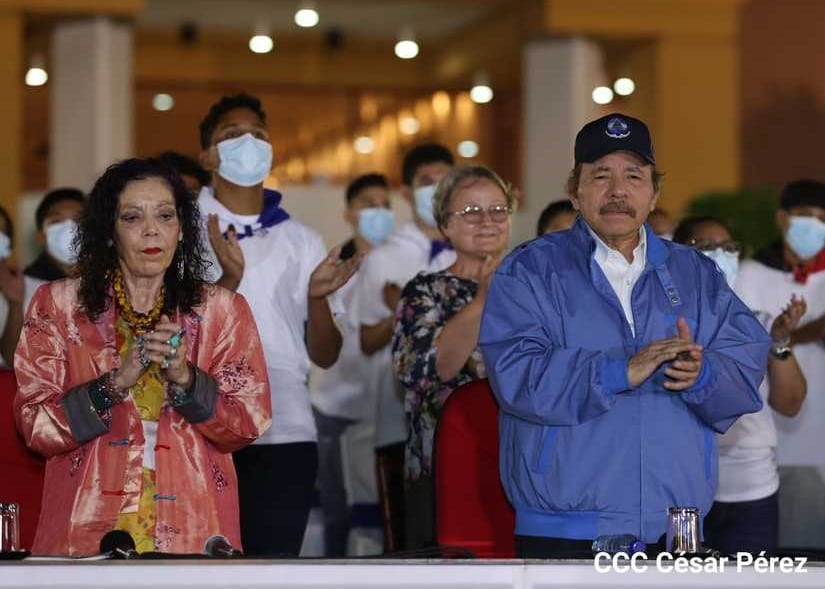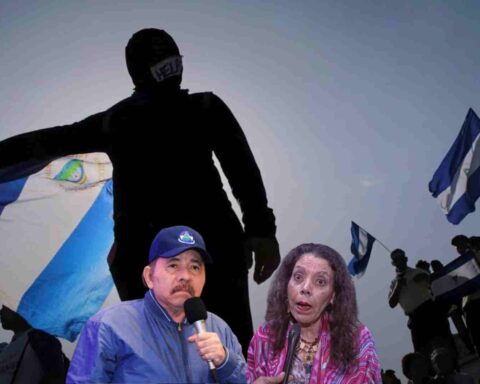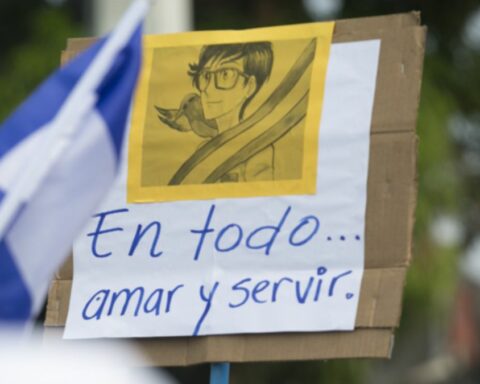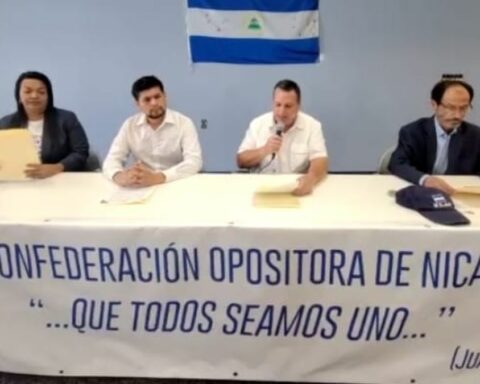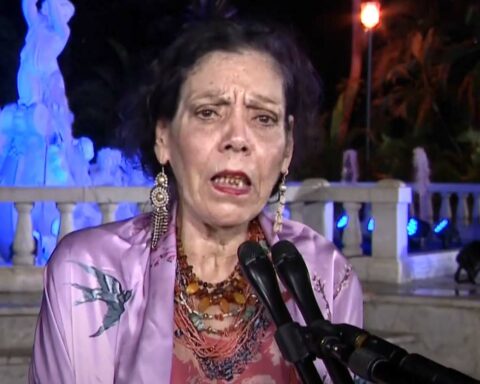The US decision to oppose the approval of new loans for Nicaragua – and other countries – sends a direct message to the regime of Daniel Ortega and Rosario Murillo, reminding them that the Biden Administration is watching out for them, and will continue to pressure them as long as do not respect human rights Y Nicaraguan politicians.
This Tuesday, the President of the United States, Joe Biden, addressed a memorandum to his Secretary of State, Antony Blinken, instructing him so that the representatives of that country before various multilateral bodies, vote against any new loan for Nicaragua, except those that are considered humanitarian aid or that are related to trade.
Although this only applies -for now- for fiscal year 2022, and is justified because the United States considers that the Ortega-Murillo regime does not do enough to combat human trafficking, three sources consulted by CONFIDENTIALThey point out that there is much more behind the decision announced by the White House.
“The message is that they are not going to release the pressure,” says economist Roberto McLean. “When (Joe) Biden talks about Nicaragua, Venezuela and Cuba, (and he does it almost in the same terms as Donald Trump did), he maintains the discourse of pressure, and of insisting with diplomatic efforts to block the strategies of the Government of Nicaragua ”, he adds.
What they are saying is “Nicaragua is still on the radar. We do not forget Nicaragua. We bear it in mind, ”said an economist who is an expert in international trade, who agreed to give his point of view, on condition of keeping his name anonymous. “This human trafficking has nothing to do with you, but you are in the crosshairs,” he insisted.
He supports this assertion with the opinion that by imposing sanctions for the issue of human trafficking “they put Nicaragua in a group of countries where it has never been, while not including Mexico, because it is an ally of theirs.”
The US announcement “increases the distance between our country and the West,” says former Congressman Agustín Jarquín, a fact that is deepened after the government cut off relations with Taiwan, pretending to supplant the cooperation of the United States and European nations, with the one you hope to obtain with China and Russia, expanded.
The weight of the American and European vote
The economist McLean focuses on the possible economic repercussions of that decision, noting that “the most important thing here is the American vote in the multilateral financial institutions, such as the International Monetary Fund (IMF), the World Bank (WB), and the Inter-American Development Bank (IDB), but not with the Central American Bank for Economic Integration (CABEI) ”.
He observes that in the case of the first three, the United States has a quota in these organizations, which gives it “great weight” in decision-making, as well as the possibility of lobbying with other partners, such as Europeans, which he defines as “a single nucleus that groups together many countries, and can impact loan provisions.”
Where he does not perceive that there will be a greater impact is on the issue of bilateral donations, because “most of what Nicaragua receives in this field is multilateral,” he said.
Jarquín understands that in terms of resources – by not including humanitarian and commercial matters – the United States is reserving itself to maintain influence over loans for infrastructure, institutional development, among others, that Nicaragua may request.
Other American options, under the Magnitsky, the NICA Act Y the Reborn LawThey are to apply new sanctions of a personal nature; do not send anyone to the inauguration; and find out which of those close to the regime and members of the ruling family have accounts in Switzerland and other financial paradises, to block them, says the international trade expert.
EU will attack with bankers, not with marines
Returning to the subject of the message, the sources rule out that the United States is going to act by force. “This is not a ‘go all out’ type of demonstration. You do not see that they are sending destroyers (destroyers), aircraft carriers or the Black Bird ”, added the expert.
For McLean, the substantive content of the American message “is left to interpretation.” What is clear to him is that it is not a situation of the type ‘all options are on the table’, “because strong politics was in the era of Ronald Reagan. From then on, that was no longer the same ”, he specifies.
He observes that “now, US diplomacy is dedicated to seeking votes, to negotiating with the allies to apply sanctions gradually. They could find a way to expel us from the IMF, which would leave us with no right to anything, but they refrain from doing so ”, while limiting themselves to operating within what the globalization of politics allows.
By insisting that infrastructure-oriented credits are those that run the greatest risk of being vetoed, Jarquín explains that the United States has a standard of zero tolerance for labor and child exploitation, etc., recalling that international free trade agreements incorporate these aspects, and that at present there is an awareness of not buying products, goods or services made with labor that is the effect of trafficking or abuse.

